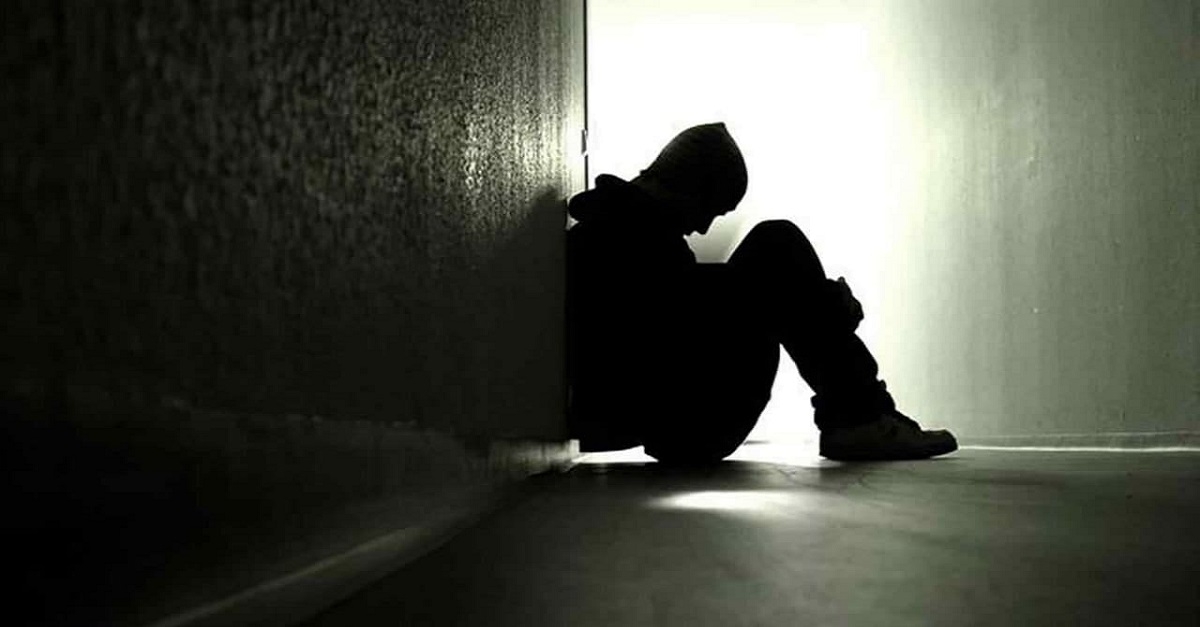Legal and psychological aspects of the formation of the behavior of underage adolescents

Offenses, which have always been a legal problem in the modern era of globalization, are not only a social problem, but also a psychological problem. While juvenile delinquency laws have been formed for a long time, they also change periodically. At present, laws on juvenile crimes have been changed in all developed and civilized countries of the world. Moreover, today the offense is seen more as a misdemeanor, social discomfort than as a crime.
Juvenile delinquency refers to criminal acts committed by minors. That is, they include crimes committed by children and adolescents under the age of 18. In different countries, the maximum age limit and the value of the offense are different.
The criminal predisposition of a person, when it comes to the motives of the offense, is seen as the result of bad deeds of parents in a past life. This, of course, is a delusion and prejudice. On the other hand, when a child experiences resentment, many believe that this is due to the behavior, inaction and tasks of his parents in childhood.
One of the main reasons why underage teenagers commit offenses is an emotional problem. Improper handling of the child and improper upbringing cause several emotional problems in the child. Various observations, case histories and interviews have shown that a much higher percentage of offenders exhibited emotional disturbances. Feelings of insecurity, rejection of parents and other family members are the next important factors that provoke criminal behavior.
All these data show that various emotional problems such as insecurity, jealousy, neglect and depression are very common among delinquent children. Therefore, in order to return such young people to the right path, it is important to have a greater psychological impact, to instill in them confidence and an incentive for further life.
Aziza Kurbanova
Samarkand State University
Student of the Faculty of Psychology and Social Relations

